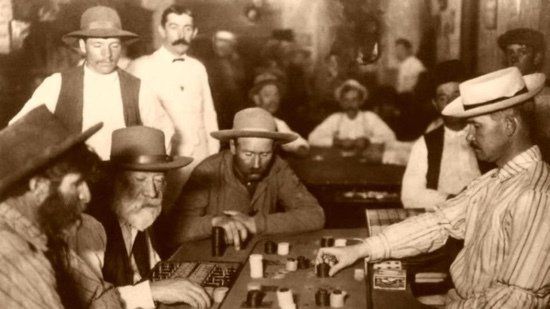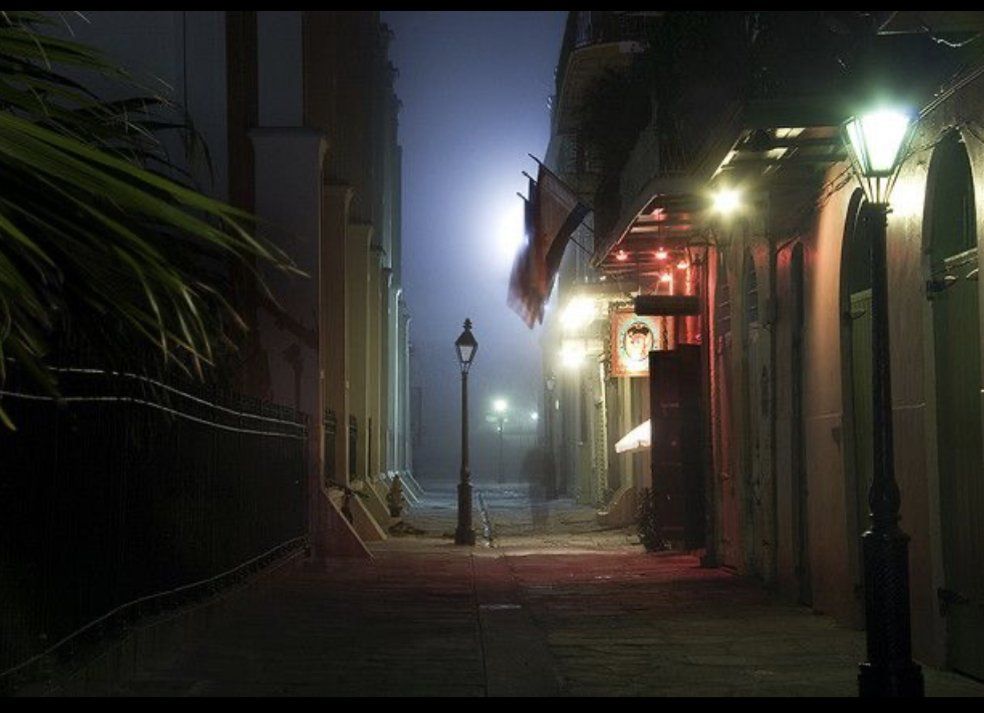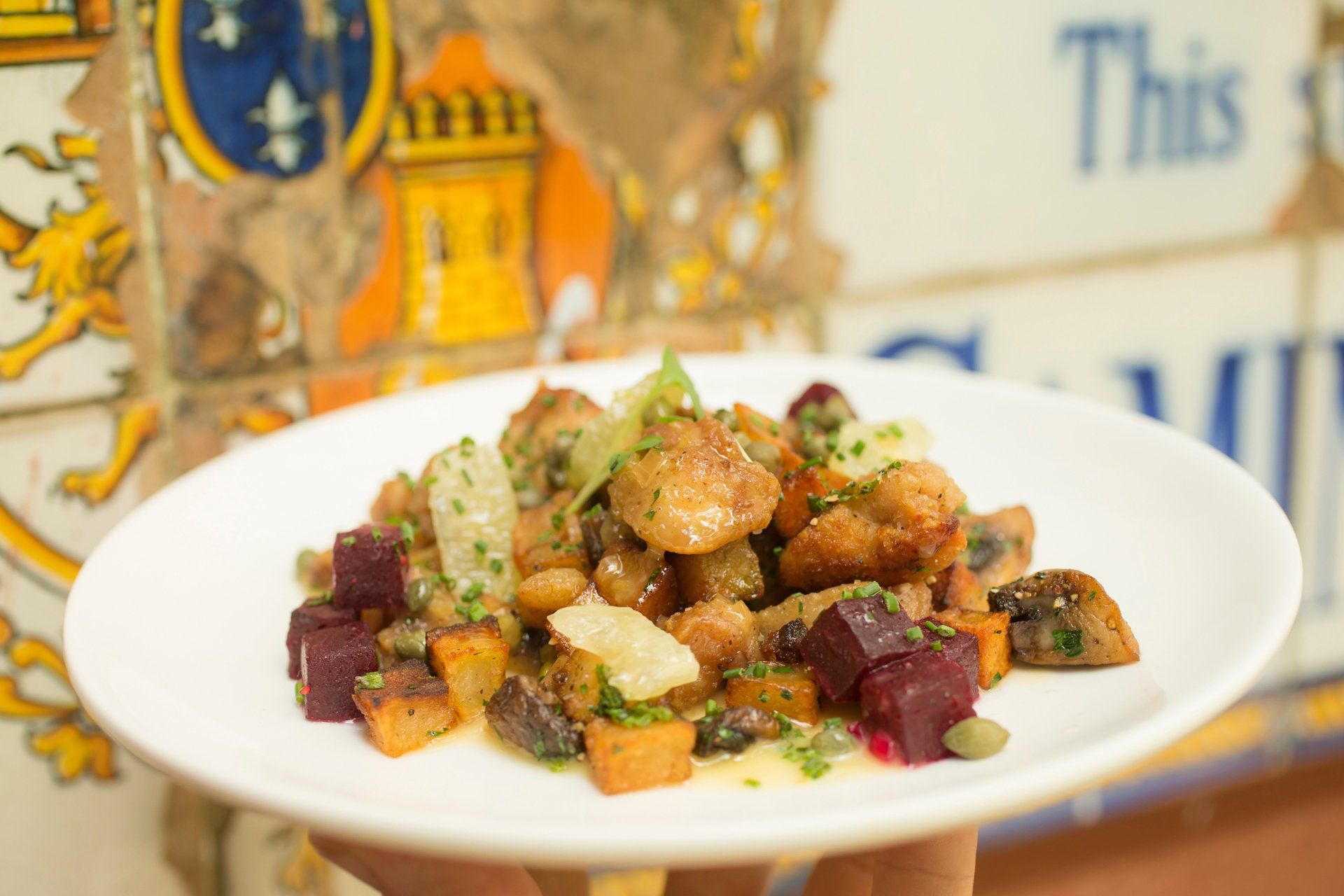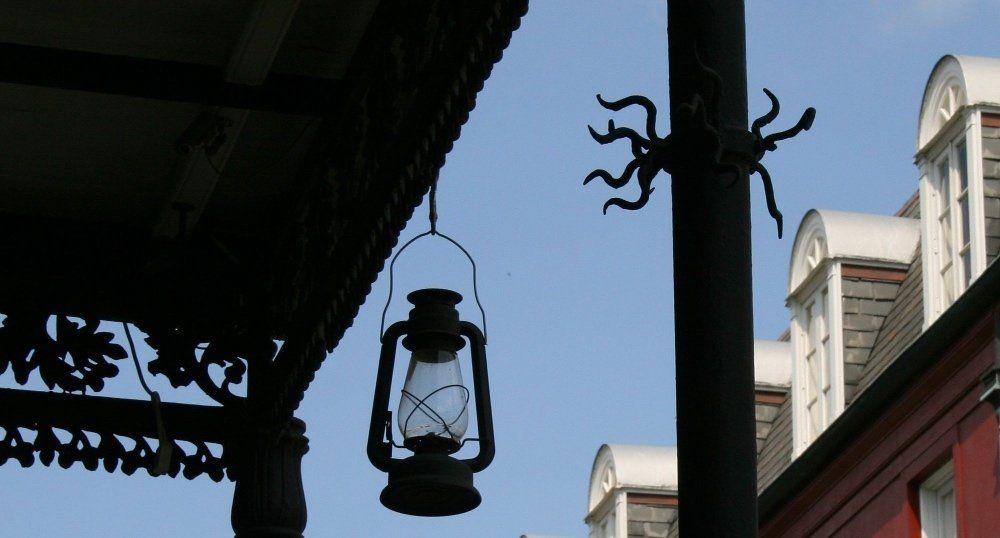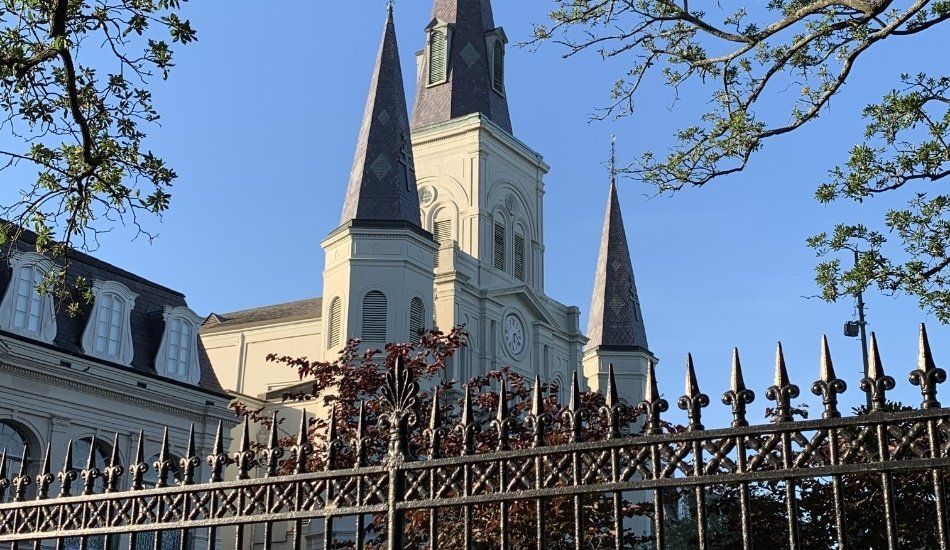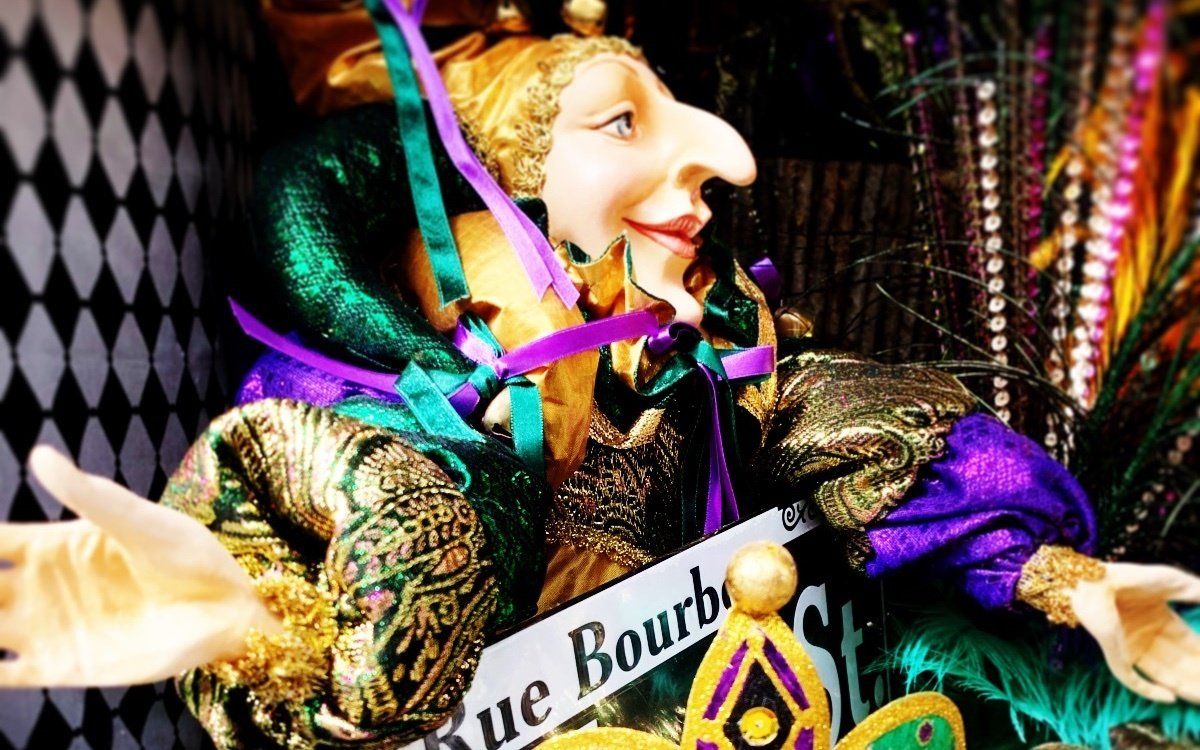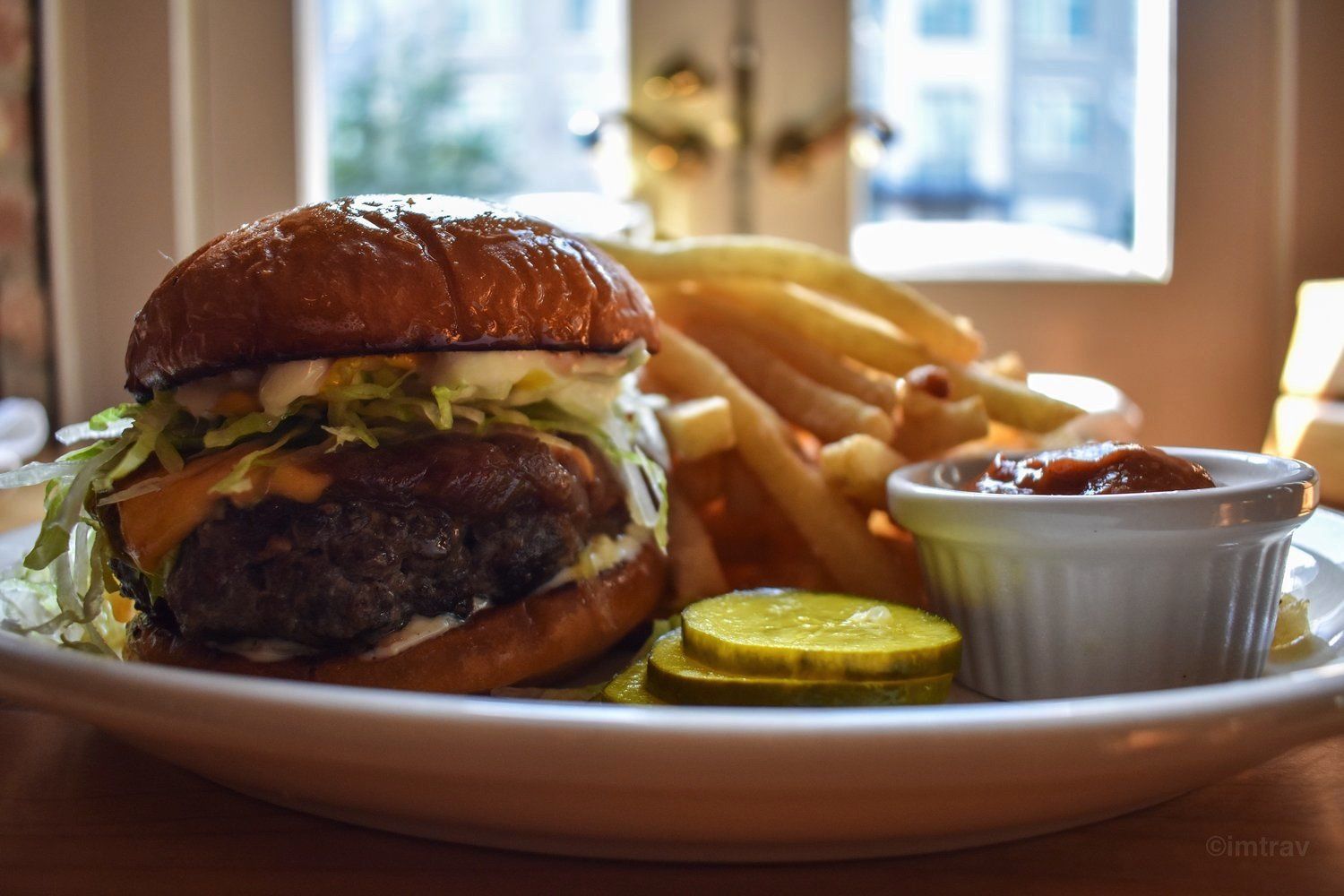Gambling in Early New Orleans
Royal Tours New Orleans • March 21, 2016
Gambling in Early New Orleans
Poker in the United States was first widely played in New Orleans by French settlers playing a card game that involved bluffing and betting called Poque in the early 1800’s. This old poker game was similar to the “draw poker” game we play today. New Orleans evolved as America’s first gambling city as riverboat men, plantation owners and farmers avidly pursued the betting sport.
“If you’re playing a poker game and you look around the table and and can’t tell who the sucker is, it’s you.” — Paul Newman
The first American gambling casino was opened in New Orleans around 1822 by a man named John Davis. The club, open twenty-four hours a day, provided gourmet food, liquor, roulette wheels, Faro tables, poker, and other games. Davis also made certain that painted ladies were never far away. Dozens of imitators soon followed making the gaming dens the primary attraction of New Orleans. The city’s status as an international port and its thriving gambling industry created a new profession, called the card “sharper.”
Professional gamblers and cheats gathered in a waterfront area known as “the swamp,” an area even the police were afraid to frequent, and any gambler lucky enough to win stood a good chance of losing his earnings to thieves outside of the gambling rooms and saloons.
Gambling was outlawed in the rest of the huge Louisiana territory in 1811, but New Orleans continued to enjoy the prosperity brought by gambling for more than 100 years. Though the law was passed for the entire Louisiana Purchase, it was obviously not enforced and casinos and gambling began to spread.
Book with Royal Tours
to find out more about the history of the French Quarter and New Orleans. Call us at 504-507-8333 or email us
to book your personal tour of the French Quarter!
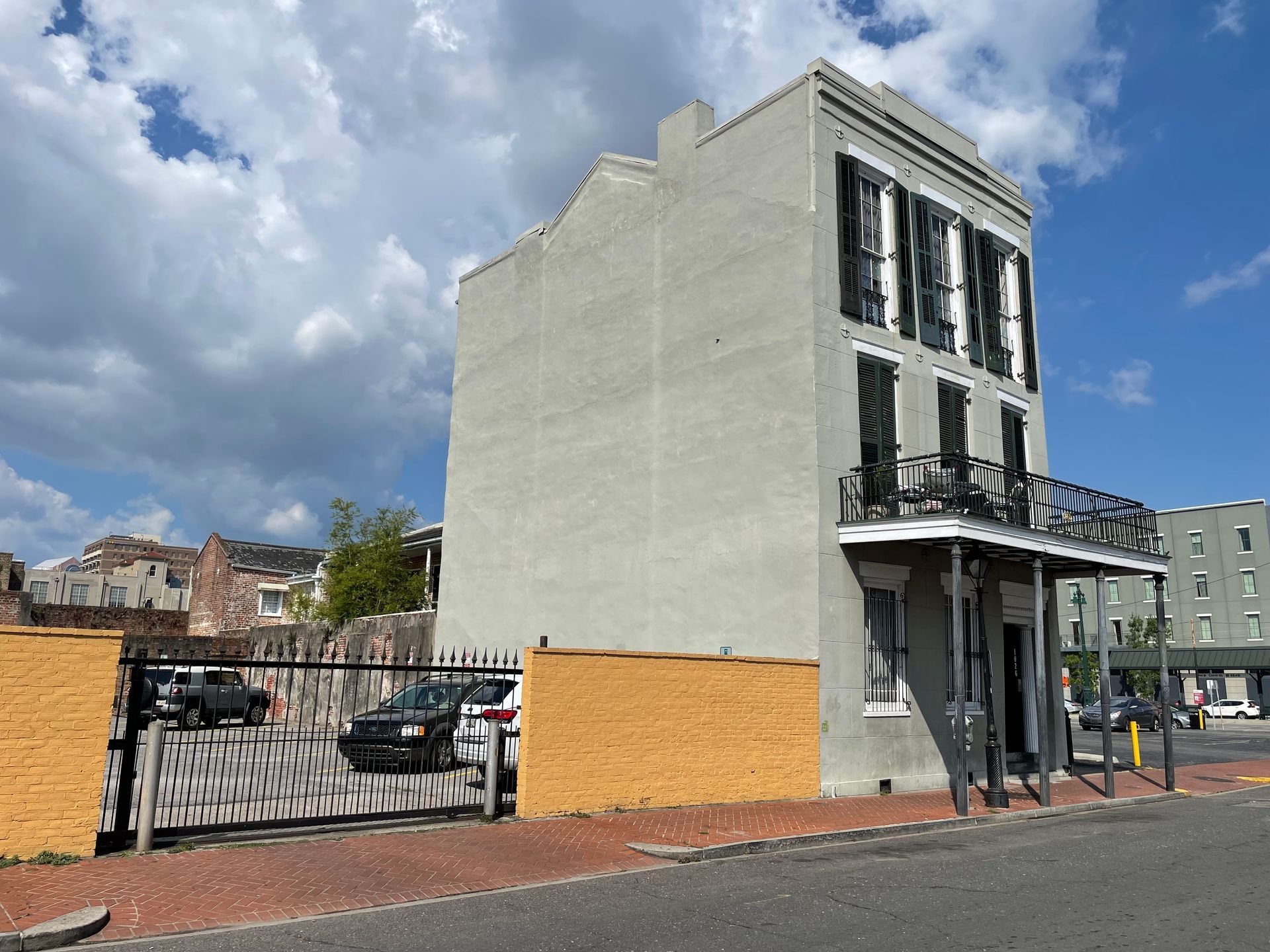
N orma Wallace, a name that evokes intrigue and fascination, was a prominent figure in New Orleans during the early and mid-20th century. As a powerful and resourceful madam, she operated a network of brothels that thrived despite the constant threat of law enforcement. Beginning in 1920, she would operate brothels for the next 45 years, a span that has not been beaten in the history of New Orleans.
